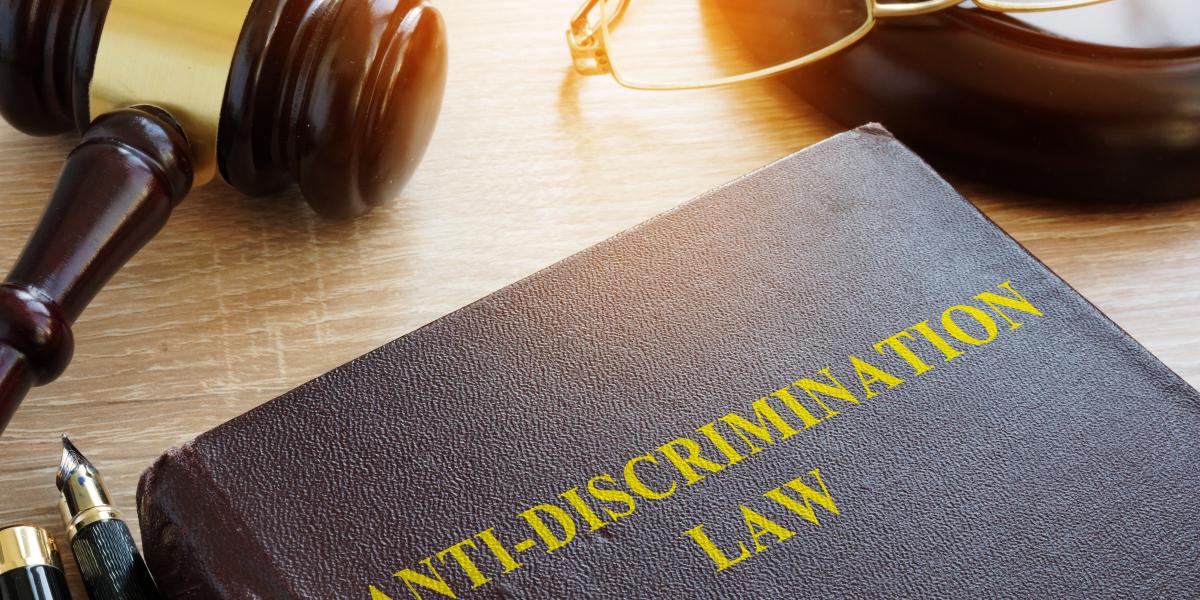


In debates over social justice, one important distinction is often overlooked: the difference between state action and private choice. Libertarian philosophy holds that individuals and organizations have the right to associate or not associate with whomever they choose. This includes decisions that some may consider discriminatory. In a free society, voluntary association is a fundamental expression of liberty. Private actors are not morally or legally obligated to treat everyone equally.
Libertarians object to government programs that favor particular racial or gender groups because they involve coercive redistribution. Examples include loans reserved for minority- or women-owned businesses or relief grants in Oregon during covid aimed exclusively at black residents. These initiatives often leave whites, particularly men, feeling excluded. For instance, white men are disadvantaged in hiring due to diversity initiatives. Such state programs differ fundamentally from voluntary private initiatives. In one case, the government uses its power to allocate resources; in the other, private actors exercise freedom of choice. Libertarians critique only the former as an infringement on liberty.
Private initiatives, in contrast, operate under principles of voluntary association. Consider The Fearless Fund—an Atlanta-based venture capital fund that focused on supporting black women entrepreneurs. The fund closed after sustained criticism from conservative activists who accused it of racial discrimination. Yet the fund’s work was entirely voluntary. Private investors have the right to choose whom they support, just as Jewish business networks routinely fund Jewish entrepreneurs. These initiatives build community, foster entrepreneurship, and operate without coercion or violation of anyone’s rights.
The same principle applies to residential communities. Media outlets criticized the Ozark settlement in Arkansas—an all-white community—as inherently racist. From a libertarian perspective, nothing about such a settlement violates freedom. Residents are exercising the right to associate with people of their choosing. Just as black Americans form communities to escape perceived discrimination or strengthen cultural cohesion, whites have the same right. Voluntary association is consistent with liberty regardless of public outrage.
Freedom of association allows individuals to organize communities, businesses, or social networks that reflect shared values, beliefs, or identity. Ralph Raico—respected libertarian historian—argued that a free society must permit diverse groups to coexist, even if their practices are controversial. Voluntary communities organized around race, religion, or ideology are legitimate expressions of liberty. Attempts to restrict them through legal action or social pressure undermine the principles of a free society. Criticism is acceptable, coercion is not.
Private discrimination should be understood in terms of equality of rights and liberty, not equality of opportunities or outcomes. Government programs that favor specific groups violate equal liberty by coercively redistributing resources. Private initiatives that focus on a particular demographic do not. Voluntary association strengthens social cohesion, builds community, and fosters economic opportunity. Social consequences do not justify legal interference. Individuals retain the right to organize as they see fit, even if some find their choices objectionable.
This principle extends across private life. Venture capital funds, social clubs, religious communities, and residential settlements all operate under the same logic. Participation is voluntary, and no state coercion exists. Organizers may determine membership, investment, or participation criteria. Libertarianism affirms that the right to exclude is a legitimate exercise of freedom and denying this right is to deny liberty itself.
In sum, private discrimination in a libertarian society is permissible because it is an expression of liberty. Individuals and groups may organize according to their values, identities, and preferences without interference. Programs like The Fearless Fund or Jewish business networks illustrate this principle, while controversies such as the Ozark settlement or Oregon’s covid relief program highlight the tension between voluntary association and enforced inclusivity. In a free society, the right to choose whom to associate with is fundamental, even when the choice is controversial.
